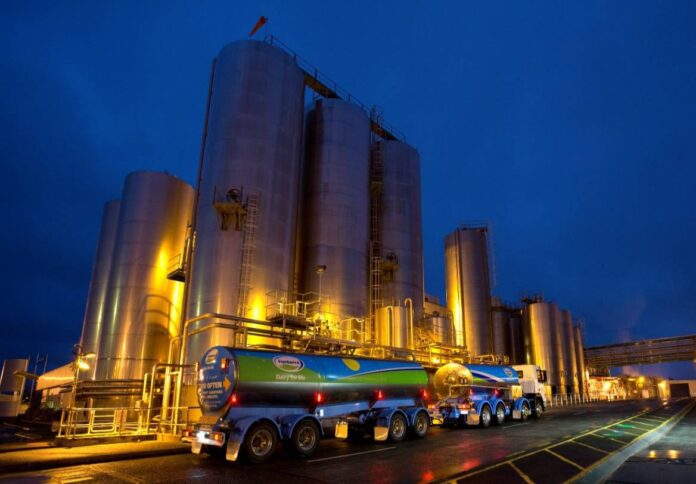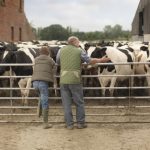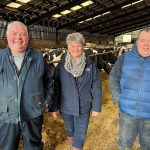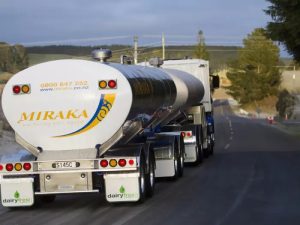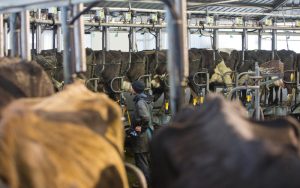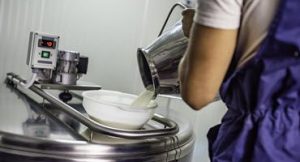
The Australian branch earned NZD 74 million (AUD 68.6 million) before interest and tax in the past six months amid a decrease in milk collections in Australia by 2 per cent relative to the prior season as a result of unseasonably wet spring conditions.
The interim report noted the performance was driven by strong global prices for cheese and protein products, “offsetting the rising cost of milk”.
However, the company claimed that this had badly impacted its margins since the market price it was receiving for its goods had not kept up with the price of purchasing farmers’ raw milk.
The Auckland-based dairy exporter also flagged risks including the impact of recent weather events in New Zealand on the supply chain and milk production for this financial year.
Meanwhile, Fonterra said that higher in-market pricing helped its Consumer and Foodservice channels, with foodservice normalised EBIT increasing by $81 million (AUD 75 million), or 95 per cent, to $166 million (AUD 154 million).
Nonetheless, the performance of the consumer channel as a whole has been hurt by increased input prices and continuous margin pressure, the company reported.
According to the ASX-listed company, depending on the results of reviews of the ownership of Fonterra Australia and its Chilean Soprole business, a goal of repaying about $1 billion (AUD 927 million) to shareholders by FY24 is being targeted.
Fonterra also expressed its intent to set a record for the projected tax-free capital return in late September 2023, and give its farmer-owners and unit holders their cash the following month.
“Our improved earnings and strong balance sheet have enabled us to pay an interim dividend of 10 cents per share which is positive news for our farmer-owners and unit holders,” Fonterra CEO Miles Hurrell said.
In addition to the company’s anticipated capital return, Hurrell said Fonterra intends to be able to pay a strong dividend for the entire year.
“The outlook for high-quality sustainable New Zealand dairy remains positive. We have a clear strategy and are well-positioned to take advantage of this demand,” noted Hurrell.
Looking at the dairy giant’s 2030 targets, the CEO said Fonterra has made significant progress toward its ambitions by focusing on New Zealand milk, being a leader in sustainability, and being a leader in dairy innovation and research.
“A sustainable supply of New Zealand milk is fundamental to achieving our 2030 goals. Our new Flexible Shareholding capital structure supports a sustainable milk supply and a stable balance sheet while protecting farmer ownership and control,” he explained.
Fonterra said it has been working with the government to implement essential adjustments to the Dairy Industry Restructuring Act (DIRA) to accommodate the new structure.
Parliament approved these legal amendments in November 2022, according to the company, adding that the transition to its new financial structure will take place on 28 March 2023.
